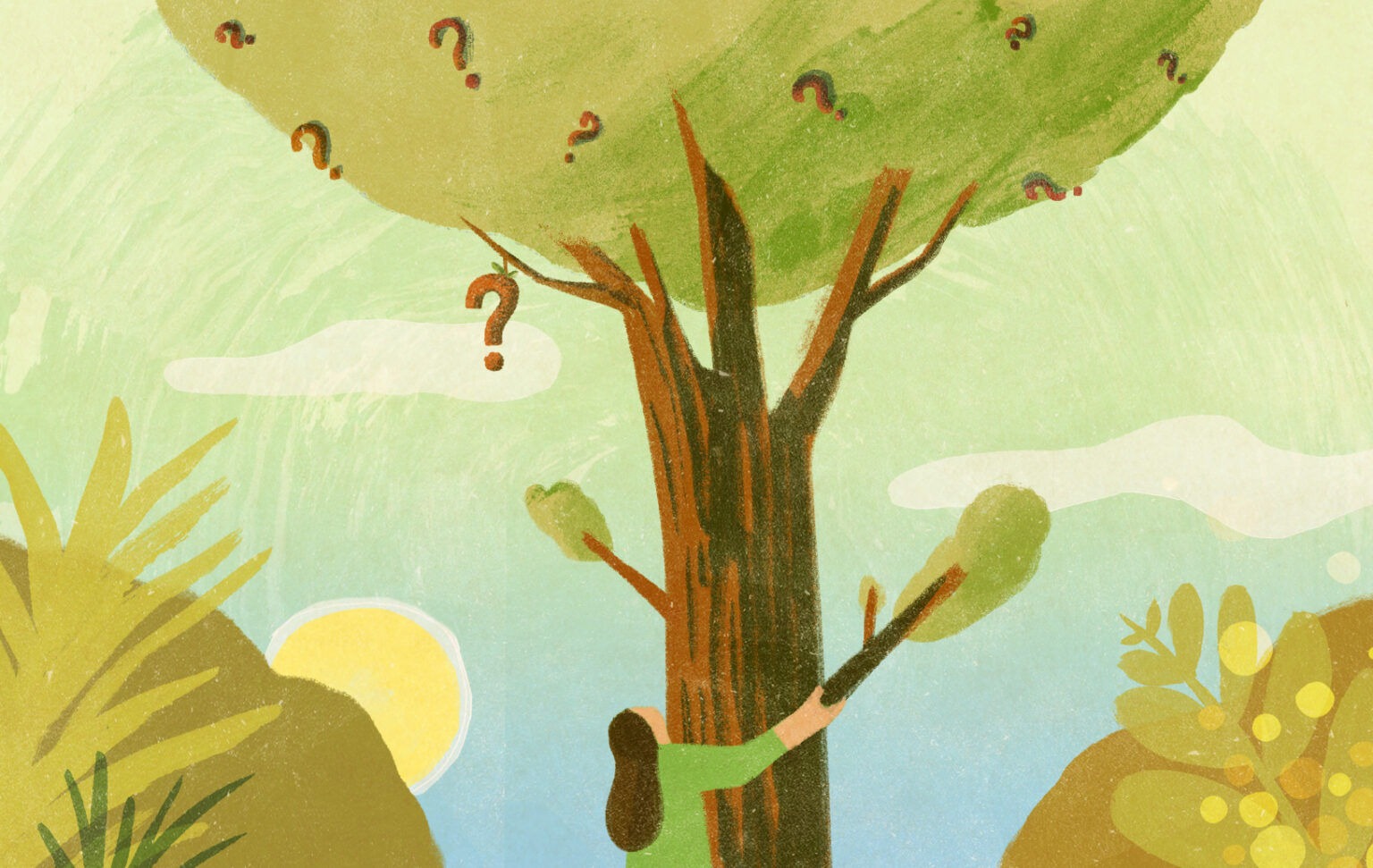Embracing Uncertainty: How to Cultivate Resilience Through Life’s Unanswered Questions
When faced with the unknown, many of us find ourselves asking: What’s next? How can I move forward when I feel stuck in place? These questions lie at the core of a timeless dialogue between a young seeker and a seasoned poet, illustrating a profound approach to navigating life’s ambiguities.
The Origin of a Timeless Inquiry
In 1903, a 19-year-old aspiring poet named Franz Kappus began reaching out to the renowned Austrian poet Rainer Maria Rilke, seeking guidance on how to live a meaningful life. Like many young individuals, Kappus grappled with questions about love, purpose, art, and relationships. Instead of offering direct solutions, Rilke responded with a poetic insight that has since resonated across generations: “Have patience with everything unresolved in your heart. Love the questions themselves, as if they were locked rooms or foreign books waiting to be deciphered.”
The Power of Loving Life’s Unanswered Questions
When I first encountered Rilke’s words in “Letters to a Young Poet,” I wondered: How does one truly love the questions that cause pain? I was reading this during a turbulent period-after quitting a job to pursue a creative project that was faltering, and facing a barrage of rejections. The haunting question, “What am I doing with my life?” echoed relentlessly as I searched for clarity.
Inspired by Rilke’s perspective, I embarked on a personal journey to embrace uncertainty, especially in a world increasingly obsessed with quick fixes and instant answers. This exploration culminated in my book, How to Fall in Love With Questions, which offers strategies for thriving amid ambiguity. While I initially focused on personal themes-identity, relationships, career, love, and loss-the core lessons extend far beyond. They are equally applicable to business leaders navigating economic upheavals, technological disruptions like AI, or any scenario marked by unpredictability. The key insight? Our relationship with external uncertainty mirrors our internal relationship with ourselves. The more adept we are at managing our emotions, comforting ourselves during setbacks, and understanding our needs, the better equipped we are to lead and flourish amid chaos.
Building Inner Resilience Beyond External Validation
For professionals, cultivating a sense of self that isn’t solely dependent on achievements is vital. Elizabeth Bounds, a doctoral candidate at Baylor University, has dedicated her research to this very challenge. Her background as an athlete prompted her to question: “Who am I, and what is my worth if I cannot perform or succeed?” During her years playing soccer and basketball, she realized her self-esteem was overly tied to her success on the field.
The Pitfall of Achievement-Based Identity
Bounds explains that many athletes-and by extension, many professionals-derive their identity from their accomplishments. This phenomenon, known as identity foreclosure, can lead to a fragile sense of self. When success falters, it can feel as though one’s entire worth is at stake, turning mistakes into personal failures and diminishing dignity.
A Shift Toward Internal Foundations
Her current understanding emphasizes anchoring self-worth in more stable, internal qualities-such as integrity, morality, or personal values. External factors like job performance or public opinion are inherently unpredictable and outside our control, making reliance on them a source of vulnerability. When our self-esteem is rooted internally, setbacks become opportunities for growth rather than threats to our identity.
Life-Altering Encounters with Uncertainty
Barbara Schoen’s story exemplifies how profound life disruptions can reshape our understanding of ourselves. Raised in a modest, working-class environment, Schoen ascended to a high-powered role at a Fortune 500 company, driven by a desire to make a difference-particularly in expanding educational access for underprivileged children. Yet, despite her outward success, she felt unfulfilled.
Her life took an unexpected turn when a car accident left her paralyzed from the waist down. Confronted with her new reality, Schoen faced fundamental questions: Who am I now? What do I want my life to be? Can I still make an impact? Her injury forced her to shed her previous identity and embrace a new, more flexible self-concept. She describes the injury as a “relief,” providing an unexpected opportunity to pursue a different path-one that led her back to academia and a career dedicated to empowering people with disabilities.
The Value of Embracing Life’s Questions
Schoen’s experience underscores a vital lesson: in moments of profound uncertainty, clinging to familiar identities can hinder growth. Instead, embracing the questions that arise-about purpose, identity, and future possibilities-can open doors to authentic transformation. A life rooted in loving questions is less about avoiding discomfort and more about seeking integrity, challenge, and continuous development.
Practical Steps to Cultivate a Questions-Centered Mindset
So, how can you begin to develop this mindset? The first step is to evaluate whether your questions serve your growth or keep you trapped. Effective questions are open-ended, non-binary, and free from judgments about your worth. For example, replacing “Am I good enough?” with “How can I discover my strengths and areas for growth?” shifts the focus from self-doubt to self-discovery.
Great questions act as internal navigators, guiding you toward what truly matters and helping you avoid patterns of rumination or regret. Ask yourself: “Is this question leading me closer to my core values and aspirations, or is it pulling me into past regrets?” Remember, it’s perfectly okay not to have immediate answers. Sometimes, the very act of questioning reveals insights that would remain hidden otherwise.
The Wisdom of Loving the Unknown
Kappus’s reflection to Rilke captures this beautifully: “Our greatest treasure is not rational understanding, but what quietly ripens within us, waiting to surface.” Embracing uncertainty allows us to cultivate patience, resilience, and authenticity-traits essential for navigating today’s complex world.
Final Reflection
In a landscape marked by rapid change and unpredictable challenges, the ability to love and live within questions becomes a vital skill. It’s less about finding definitive answers and more about fostering inner strength, curiosity, and integrity. By shifting our relationship with uncertainty-from fear to fascination-we open ourselves to growth, innovation, and a deeper understanding of who we truly are.

